Law & Ethics for Health Professions By Karen Judson – Test Bank
Law & Ethics for Health Professions (Judson, Revised), 8e
Chapter 3 Working in Health Care
1) A valid out-of-state license is accepted as the basis for issuing a license in a second state without reexamination. This is called
A) Certification.
B) Accreditation.
C) Registration.
D) Reciprocity.
E) Endorsement.
Answer: D
Explanation: Reciprocity is when a second state accepts the first state’s credentials for licensing a healthcare provider. Certification, registration, and accreditation are not licensure methods. Endorsement is on a case-by-case basis and infrequently used.
Difficulty: 1 Easy
Topic: Licensure, Certification, and Registration
Bloom’s: Remember
ABHES: 4.f. Comply with federal, state, and local health laws and regulations as they relate to healthcare settings
Accessibility: Keyboard Navigation
CAAHEP: X.C.5. Discuss licensure and certification as it applies to healthcare providers
2) Which of the following credentials is a voluntary, national examination that shows the level of competency for an individual?
A) Certification
B) Accreditation
C) Registration
D) Reciprocity
E) Endorsement
Answer: A
Explanation: Certification and registration are both voluntary, but certification will require an exam. Reciprocity is when a second state accepts the first state’s credentials for licensing a health care provider. Licensure is a mandatory process. Accreditation is used for organizations, not individuals. Endorsement is on a case-by-case basis and infrequently used.
Difficulty: 2 Medium
Topic: Licensure, Certification, and Registration
Bloom’s: Understand
ABHES: 1. c. Describe and comprehend medical assisting credentialing requirements, the process to obtain the credential and the importance of credentialing
Accessibility: Keyboard Navigation
CAAHEP: X.C.5. Discuss licensure and certification as it applies to healthcare providers
3) Which of these credentials is mandatory for certain health professionals to practice in their field?
A) Certification
B) Accreditation
C) Registration
D) Reciprocity
E) Licensure
Answer: E
Explanation: Licensure is a mandatory process. Reciprocity is when a second state accepts the first state’s credentials for licensing a healthcare provider. Certification, registration, and accreditation are not licensure methods.
Difficulty: 1 Easy
Topic: Licensure, Certification, and Registration
Bloom’s: Remember
ABHES: 4.f. Comply with federal, state, and local health laws and regulations as they relate to healthcare settings
Accessibility: Keyboard Navigation
CAAHEP: X.C.5. Discuss licensure and certification as it applies to healthcare providers

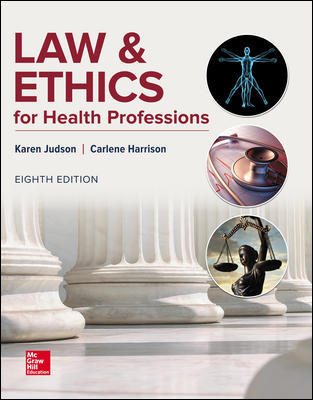

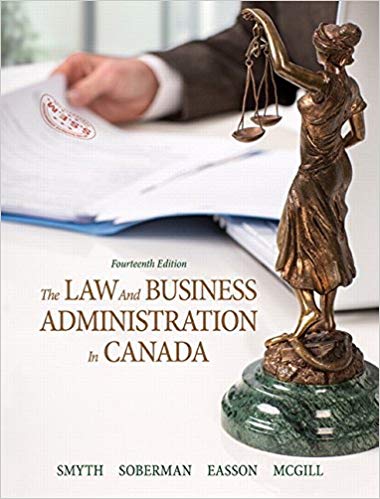


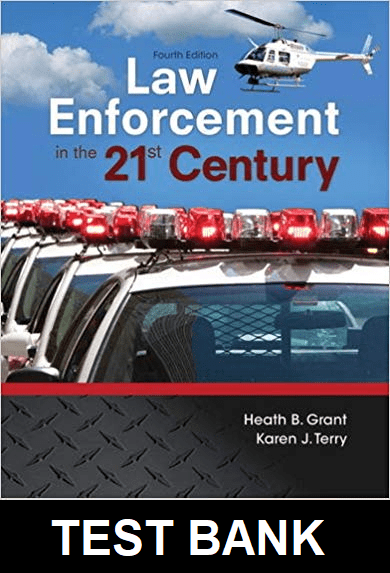
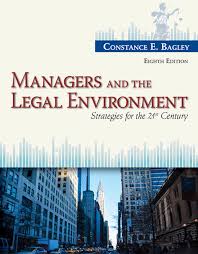

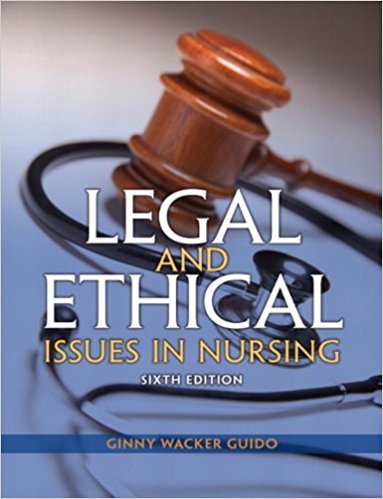


Reviews
There are no reviews yet.